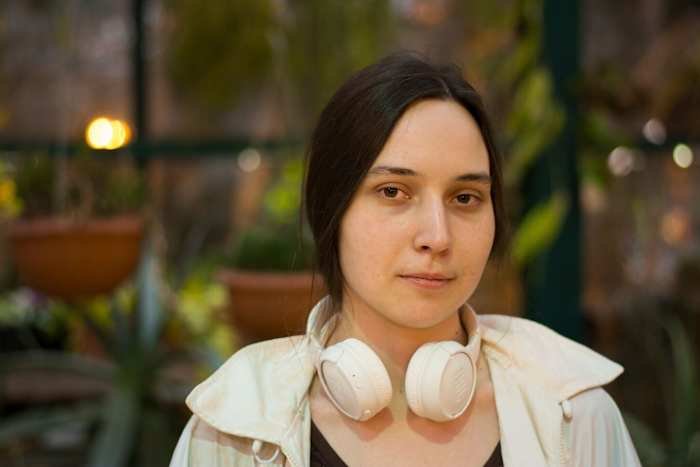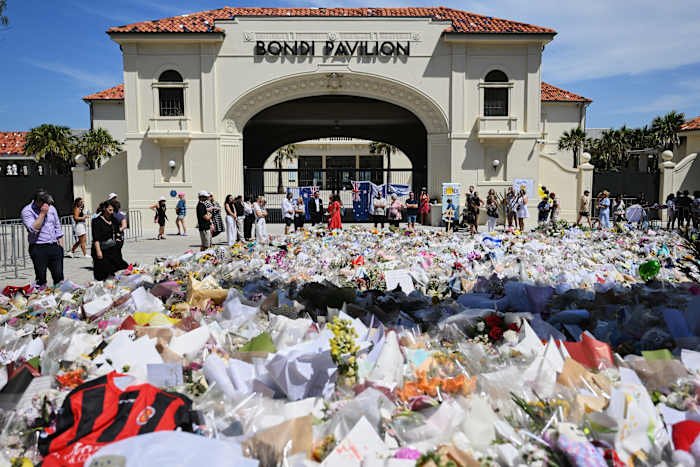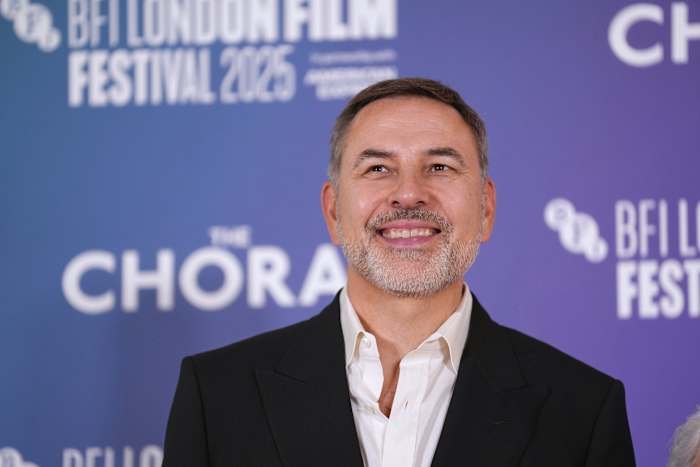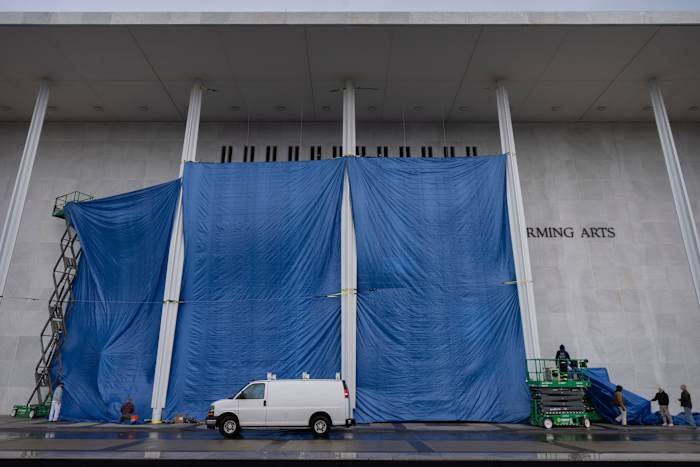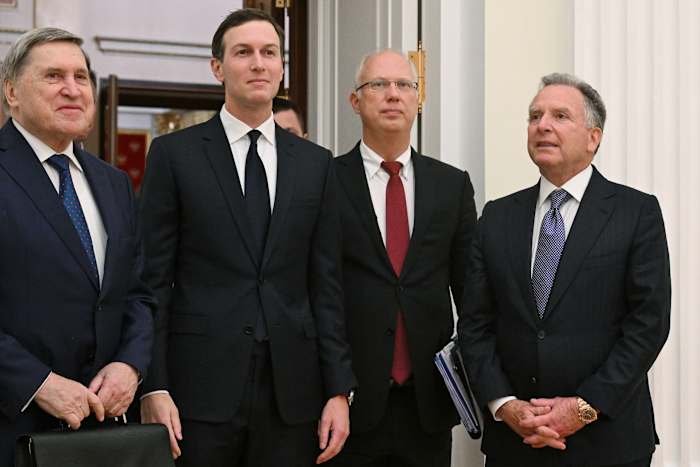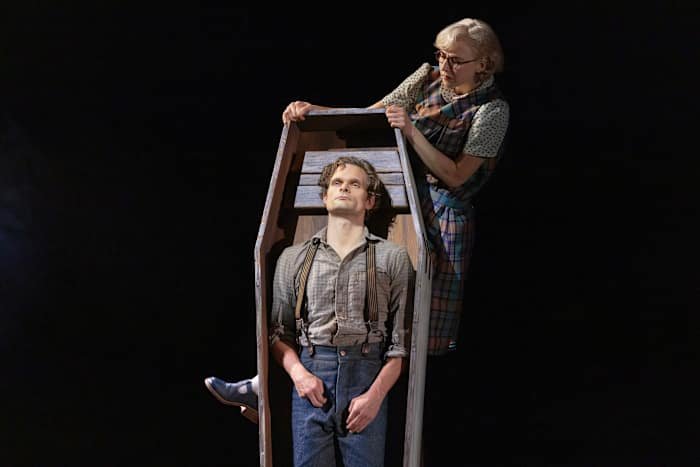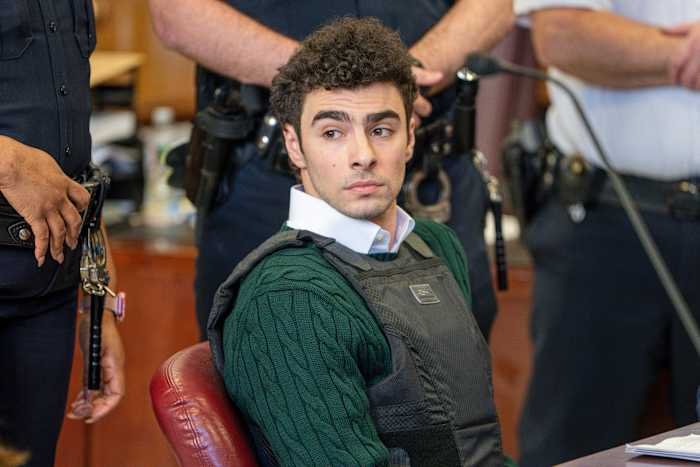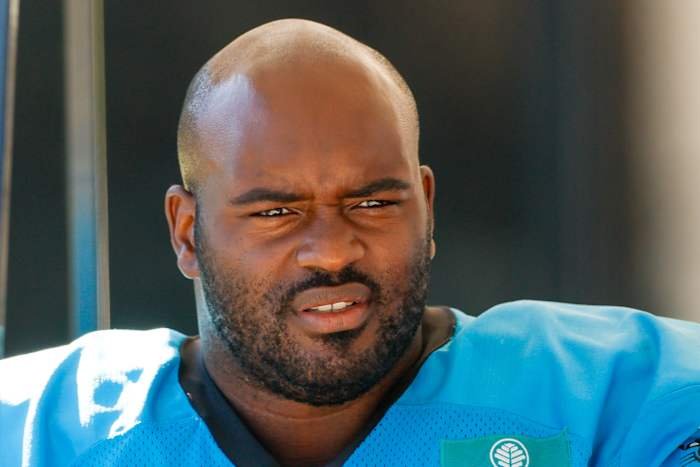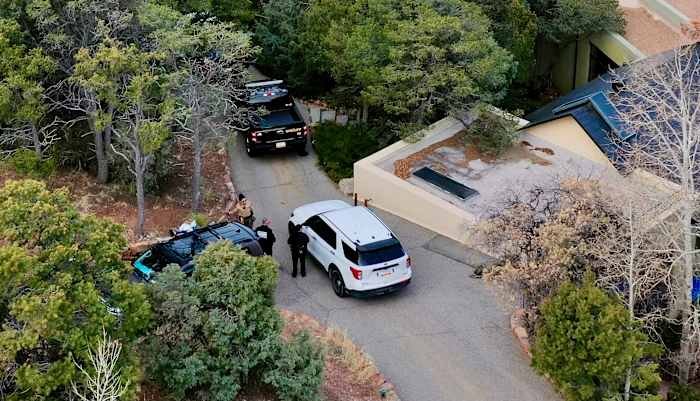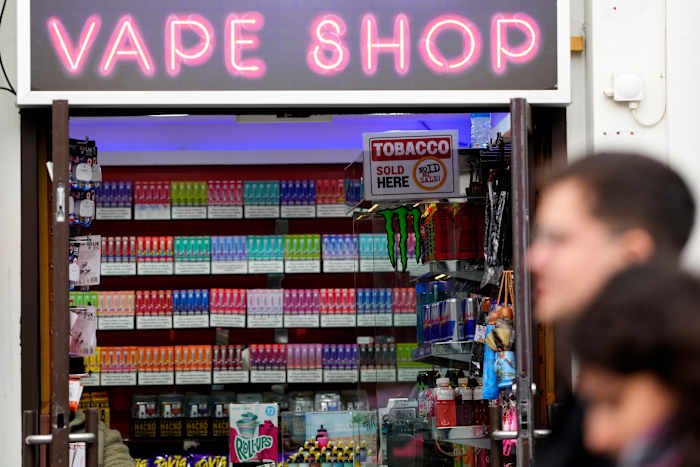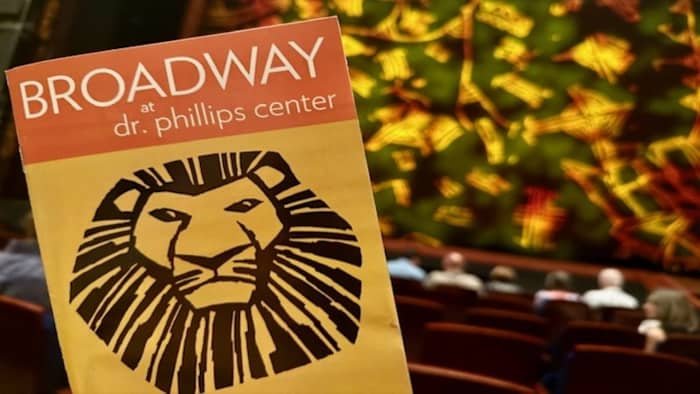Daily Orlando News – The story of Russian-born scientist Kseniia Petrova has captured national and local attention since her detention by U.S. Immigrations and Customs Enforcement (ICE) at Boston’s Logan Airport in February. Petrova, a talented researcher, was apprehended after failing to declare frog embryo samples she brought into the country. As the scientific community reels from the news, Orlando’s own research sector and immigrant population are watching closely, wondering what this case could mean for the future of science and immigration in Central Florida.
Who is Kseniia Petrova and What Happened?
Kseniia Petrova is a distinguished Russian-born scientist known for her work in developmental biology. Her research on frog embryos has contributed to advancements in genetics and regenerative medicine. In February, while traveling through Boston’s Logan Airport, Petrova was stopped by customs officials. Authorities discovered undeclared frog embryo samples in her luggage—an infraction that led to her immediate detention by ICE.
Though the incident occurred in Boston, the ripples are being felt far beyond Massachusetts. Scientists, students, and immigrants in Orlando are taking note: this case highlights the importance of strict customs regulations, but it also raises pressing questions about the handling of international scholars and the potential impact on collaborative research in cities like Orlando.
Why Frog Embryos Matter in Scientific Research
Frog embryos may sound unusual, but they play a vital role in medical and biological research worldwide. Scientists like Petrova use these embryos to study cell development, genetic disorders, and potential treatments for various diseases. Orlando is home to multiple research institutions, including the University of Central Florida (UCF) and several biomedical labs, where similar studies are underway.
With increasing collaboration between local labs and international partners, Orlando’s scientific community often imports and exports biological samples. The case of Petrova is a stark reminder of the importance of following all federal regulations when transporting research materials. It also underscores how a single oversight can disrupt careers, research progress, and international partnerships—concerns that are very real for Orlando’s researchers.
Implications for Orlando’s Immigrant and Academic Communities
Orlando has a growing immigrant population, with many contributing to our city’s academic and scientific achievements. The detention of a high-profile scientist like Petrova sends shockwaves through the immigrant community, raising fears about visa security and the handling of honest mistakes at the border.
Local universities and research centers often rely on international talent to drive innovation. Petrova’s case could make it harder to attract top scientists to Orlando, as potential recruits might worry about the risks of working in the United States. In response, some institutions in Central Florida are reviewing their protocols for advising international staff and students about customs requirements and legal compliance.
Legal and Ethical Questions: Balancing Security and Scientific Progress
The Petrova case also brings up important legal and ethical questions. U.S. customs laws are strict for good reason: undeclared biological samples could threaten agriculture, public health, or even national security. However, critics argue that the treatment of international scholars needs to be balanced with the value they bring to American science and education.
Orlando’s science and technology sector benefits from global collaboration. Local legal experts are now calling for clearer guidelines and better communication between federal agencies, universities, and scientists to prevent similar incidents. There’s growing support for more comprehensive training programs on customs and import/export laws, especially for international researchers working in Orlando’s labs and hospitals.
How Orlando’s Research Community is Responding
Since Petrova’s detention, Orlando’s research institutions have begun taking action. UCF and other local universities are reviewing their onboarding procedures to ensure all researchers understand the rules around transporting biological materials. Some labs have started hosting workshops with legal and customs experts to help staff avoid unintentional violations.
Additionally, advocacy groups in Orlando are working to provide support for international students and scholars who may feel anxious or uncertain about their status. The hope is to foster a more welcoming environment while maintaining compliance with federal laws—a balancing act vital for Orlando’s continued growth as a hub for science and innovation.
What’s Next for Kseniia Petrova—and Orlando?
For now, Kseniia Petrova remains in ICE custody as her legal team works toward a resolution. Her case will likely set a precedent for how similar incidents are handled in the future. For Orlando, this story is more than just a headline—it’s a wake-up call for the city’s research and immigrant communities to come together, learn from this case, and strengthen their commitment to both compliance and collaboration.
Conclusion: Join the Conversation
The detention of Kseniia Petrova has raised important questions for Orlando’s scientific and international communities. As the city continues to grow as a center for research and education, how do we best protect both security and the free exchange of ideas?
What do you think? Share your thoughts on how Orlando should respond to cases like this. Leave a comment below and join the conversation!

